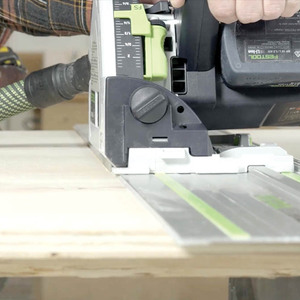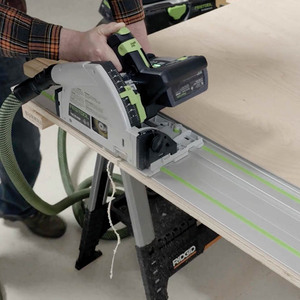Hi Guys
I recently was called to subdivide a large space into two large spaces with doorways and hallwyas for rear entrances for fire escape in an old comercial building. The client wanted his own electrician to do the wiring, which was pretty confusing, as you can imagine in this old building with new owners every few years. However, the electrician didn’t remove several circuits, and said we should just yank ou the wires when we needed to as he had deadened the circuits.
I had to remove a switch and box at one point. Flipping the switch did not acvtivate any lights. I did not have my meter as we were told we were not required to do any electrical. As you can guess, it was live and as I pulled the BX out of the box, The hot grounded out.There was a spark, but nothing seemed to go dead anywhere. But, later in the day, the client came to uws and asked if we could figure out why some circuits two floors down were not working. After a long trouble shooting session, It turned out that a 60 amp buse fuse was blown in a main panel down stairs. The client was unhappy about this and the time spent on the problem.
My question is this: Why did my little short not trip the 15 amp breaker protecting this circuit,or even the 30 amp breaker suppling the subpanel for this circuit, but did blow the 60 amp buse fuse in the main panel.
Thanks for any feedback.
Stemreno



















Replies
May have been a slow-blow vs fast-blow issue.
You need to go back and read your message rather than asking again.
http://forums.taunton.com/n/mb/message.asp?webtag=tp-breaktime&msg=82037.1
If the message was directly address to you then you can use SHOW DISCUSSIONS drop down and select Unread Messages to ME.
Also Messages of High Interest will show any messages that you posted or flagged as high Interest with the Thumbs Up.
In a dead short situation, any or all breakers will trip. The big breaker just tripped first.
Onetime, Jason 2 was drilling a hole in the concrete floor and he hit an invisible, hidden, unsuspected conduit and caused a 480 volt short. This blew the sub-panel, the main panel, and two more bigger breakers in the main electrical room across the courtyard.
On the other hand, in an "overload" situation, the first [smallest] breaker should trip first.
~Peter
Vivaldi cheated us. Where's the fifth season?
The 60 amp fuse may have already had 58 amps going thru it and the 15 amp and 30 amp breaker had little or no current. Guess which one is going to pop first.
Ozlander